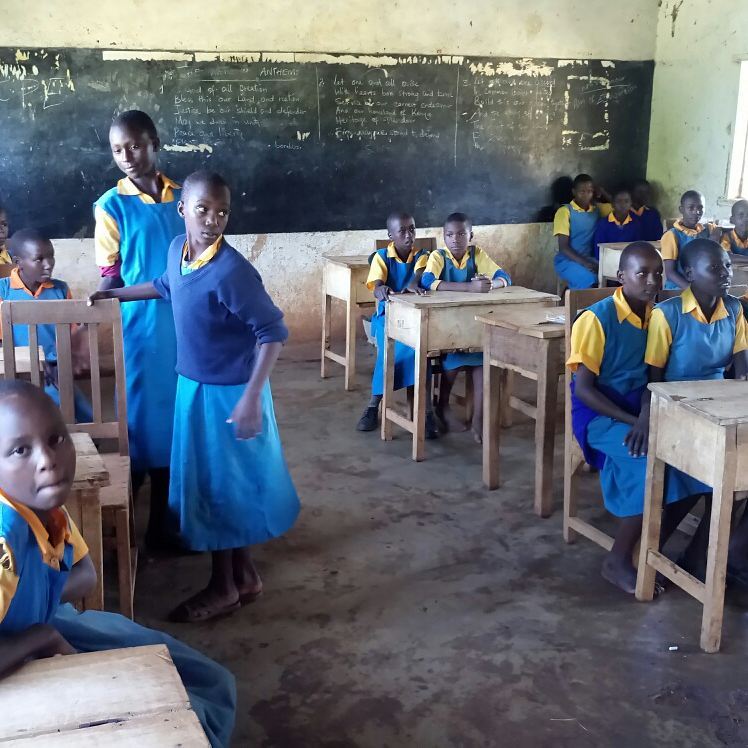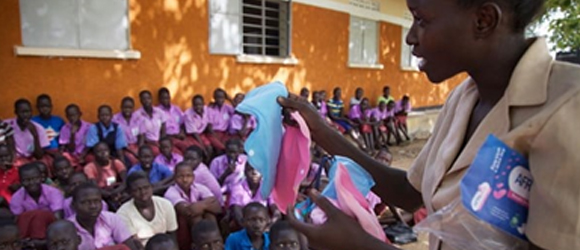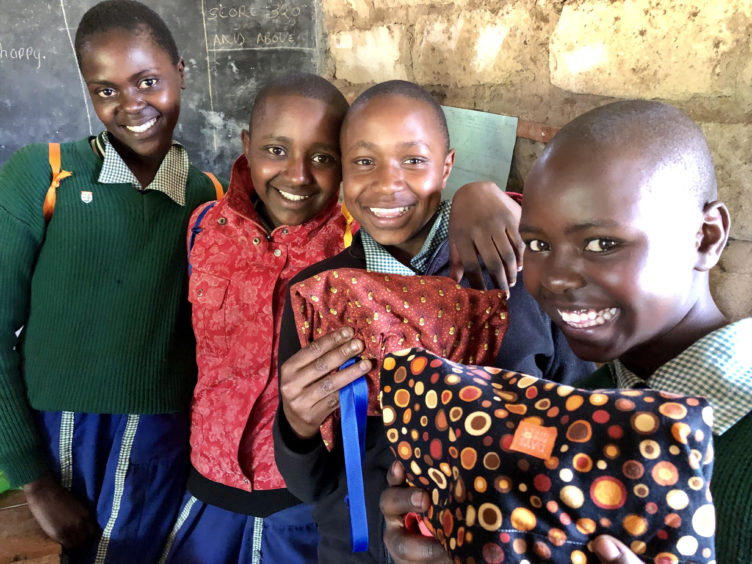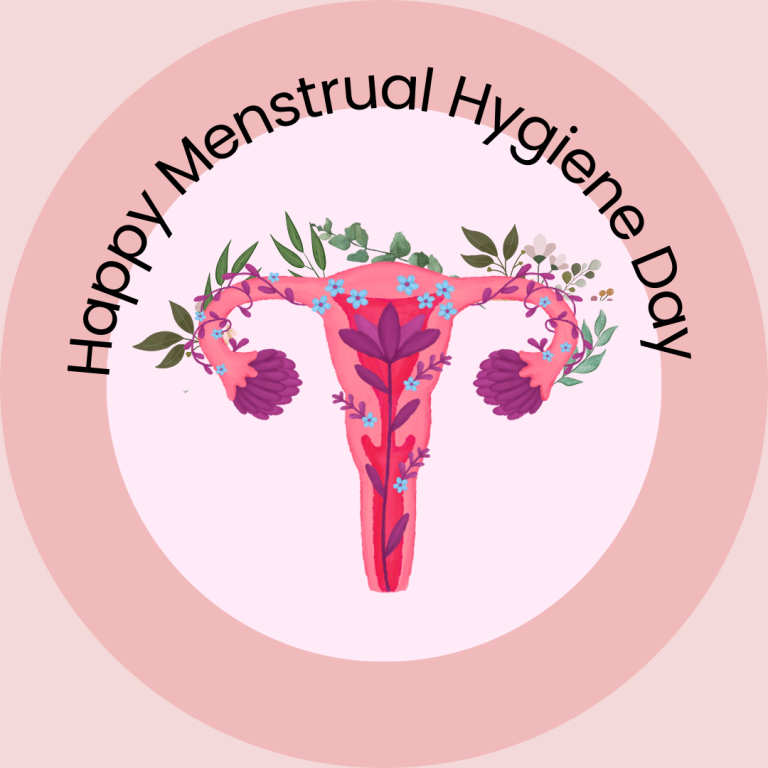Menstrual hygiene management (MHM) is a topic that remains inadequately addressed in many educational settings worldwide. Yet, it is a silent yet significant barrier to girls’ education. When girls lack access to appropriate menstrual hygiene products and facilities, they often miss school during their menstrual periods, leading to poor attendance and declining academic performance.
You might be wondering how something as natural as menstruation can have such a profound impact on a girl’s education. In this article, we’ll explore how poor menstrual hygiene practices disrupt girls’ schooling and why providing proper MHM products and facilities in schools is critical for their academic success.
In this article, we’ll cover the relationship between menstrual hygiene and school attendance, examine the effects of poor menstrual hygiene on educational outcomes, and highlight the importance of proper facilities and products. By the end, you’ll understand why menstrual hygiene management must be a priority for schools and communities aiming to provide equal educational opportunities for all children, especially girls.
A Detailed Explanation of the Impact of Menstrual Hygiene on School Attendance and Performance
The issue of menstrual hygiene affects millions of girls worldwide. It is not just about access to sanitary products but also about awareness, social norms, and proper facilities. Below, we’ll take a deep dive into how menstrual hygiene challenges are impacting girls’ attendance and performance in school.
The Attendance Problem

Imagine a young girl starting to menstruate in a school without proper facilities or access to menstrual products. The anxiety, discomfort, and stigma surrounding menstruation often force her to stay home. Research shows that girls can miss up to five days of school each month due to menstruation-related issues. This adds up to 60 school days annually, or nearly one-third of the academic year.
For many girls, staying home during their periods becomes a pattern, leading to poor attendance, missed lessons, and ultimately, lower academic achievement. In some cultures, the stigma surrounding menstruation exacerbates this problem, as girls feel embarrassed or ashamed about their natural cycles.
The Performance Decline
It’s not just about absenteeism—being absent from school for several days a month has a cumulative effect on academic performance. Girls who frequently miss school due to inadequate menstrual hygiene management often find it difficult to catch up with their peers. As they fall behind in their studies, their grades decline, leading to diminished opportunities for higher education and, ultimately, fewer career opportunities.
In addition to academic challenges, the psychological impact of poor menstrual hygiene can’t be ignored. The stress and embarrassment that come from leaks, odors, or teasing from classmates further erode a girl’s confidence, contributing to lower self-esteem and decreased classroom participation.
Importance of Providing Menstrual Hygiene Products
Many girls, especially in developing countries, lack access to affordable menstrual hygiene products. Without these, they resort to using unhygienic materials such as old cloth, leaves, or even sand, which can lead to infections and health complications.
Providing affordable or free menstrual products in schools is one of the most straightforward solutions to this problem. For instance, in Kenya, several non-governmental organizations (NGOs), including Maji Na Ufanisi, have initiated programs to distribute reusable sanitary pads and educate girls about menstrual hygiene.
The Role of Proper Facilities
Access to clean water, private toilets, and sanitary disposal facilities is crucial for managing menstruation at school. Many schools lack these basic necessities, making it difficult for girls to manage their periods with dignity and privacy.
Without proper facilities, girls may be forced to change in unsanitary conditions, such as public latrines or classrooms, or avoid changing altogether. This not only affects their health but also increases their anxiety about attending school during their period.
Schools need to provide gender-sensitive sanitation facilities. Private, well-maintained toilets equipped with clean water and disposal bins can make a world of difference for a menstruating student. Schools should also offer sanitary napkins or tampons, which can be stored and distributed as needed.
Lack of Education and Awareness

In many cultures, menstruation is shrouded in silence and misinformation, leading to shame and embarrassment. Both boys and girls often lack adequate education on the subject, perpetuating taboos and stigmas.
Teachers, parents, and community leaders play a pivotal role in breaking down these barriers by promoting open discussions about menstruation. Educating both genders about menstrual hygiene normalizes the subject and reduces the shame and embarrassment many girls experience. Comprehensive menstrual hygiene education should be integrated into the school curriculum, emphasizing that menstruation is a natural biological process.
Addressing Menstrual Hygiene Through School-Based Interventions
To improve school attendance and performance, holistic interventions are needed to address the complex challenges related to menstrual hygiene. Several strategies can be implemented in schools to create a supportive environment for girls.
Menstrual Hygiene Education
Education is key to reducing stigma. Schools must provide comprehensive education on menstruation, hygiene practices, and how to manage periods effectively. This education should be inclusive, involving boys and male teachers to foster an understanding and supportive environment.
Providing Sanitary Products
As mentioned earlier, providing free or subsidized menstrual hygiene products is one of the most practical interventions schools can undertake. Many organizations, including Maji Na Ufanisi, are at the forefront of distributing products like reusable sanitary pads and educating girls on their proper use.
Gender-Sensitive Sanitation Facilities
Ensuring that schools have private and clean toilets equipped with water and sanitary disposal bins will encourage more girls to attend school during their menstrual periods. Schools should also have a space for girls to wash and change in privacy. This not only helps them manage menstruation but also empowers them to stay focused on their studies.
Breaking the Stigma
Community and school-wide campaigns are essential in changing social norms around menstruation. Encouraging conversations around the subject and teaching boys and girls alike that menstruation is natural can foster an inclusive environment.
Support from Government and NGOs
Governments and NGOs need to prioritize menstrual hygiene management in national education policies and budgets. Programs that focus on distributing sanitary products, improving school facilities, and providing education can make a lasting impact.

How Maji Na Ufanisi Is Helping
Maji Na Ufanisi is deeply involved in improving menstrual hygiene management through its WASH (Water, Sanitation, and Hygiene) interventions in Kenya. The organization understands that access to clean water and sanitation facilities is directly linked to effective menstrual hygiene management.
In various schools across rural and marginalized communities, Maji Na Ufanisi has implemented programs that provide access to clean water, build gender-sensitive sanitation facilities, and educate girls on the importance of menstrual hygiene. Through partnerships with local governments and communities, they have distributed reusable sanitary pads and conducted menstrual hygiene workshops, reducing absenteeism and improving girls’ confidence in attending school during their periods.
Their efforts are a testament to how providing essential resources can drastically improve school attendance and performance, empowering girls to continue their education without interruption.
Conclusion
The impact of menstrual hygiene on school attendance and performance is undeniable. Poor menstrual hygiene management affects millions of girls globally, particularly in low-income and marginalized communities. Providing proper menstrual hygiene products, education, and sanitation facilities is essential to ensuring that girls have equal opportunities to learn and succeed.
Addressing this issue requires coordinated efforts from schools, communities, governments, and organizations like Maji Na Ufanisi, which are leading the way in promoting menstrual hygiene in schools. Together, we can break down the barriers that menstruation poses to girls’ education and pave the way for a future where no girl is left behind.
FAQs
- What is menstrual hygiene management?
Menstrual hygiene management (MHM) refers to the practices that women and girls use to manage their periods, including the use of sanitary products and access to hygiene facilities.
- How does poor menstrual hygiene affect school attendance?
Girls without access to sanitary products or proper facilities may miss school during their periods, leading to lower attendance rates.
- Why is education about menstruation important?
Education helps reduce stigma and ensures girls and boys understand that menstruation is a natural biological process.
- What facilities are needed for proper menstrual hygiene in schools?
Clean toilets, access to water, and sanitary disposal bins are essential for girls to manage their periods with dignity.
- What role can governments play in improving menstrual hygiene?
Governments can provide funding for sanitation facilities and menstrual hygiene products in schools, and integrate menstrual hygiene education into the curriculum.
- What are reusable sanitary pads?
Reusable sanitary pads are washable cloth pads that can be used multiple times, offering a sustainable and affordable option for menstrual hygiene.
- How does menstrual hygiene affect academic performance?
Girls who miss school due to menstruation often fall behind in their studies, leading to lower grades and reduced educational outcomes.
- What is the role of NGOs like Maji Na Ufanisi in menstrual hygiene management?
NGOs play a crucial role in distributing sanitary products, improving school facilities, and educating girls about menstrual hygiene.
- Why is it important to involve boys in menstrual hygiene education?
Involving boys reduces stigma and fosters a supportive environment where girls feel comfortable managing their periods at school.
- How can I help support menstrual hygiene management in schools?
You can support organizations like Maji Na Ufanisi, advocate for government policies, or donate menstrual hygiene products to schools in need.



